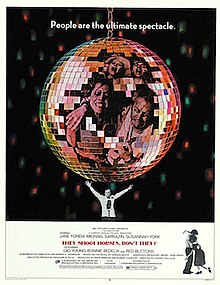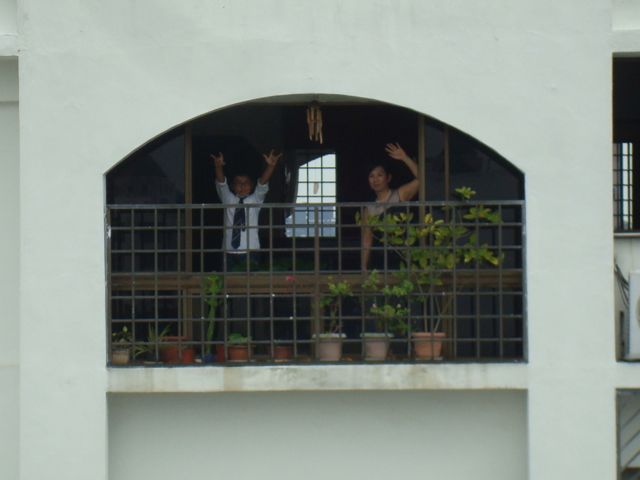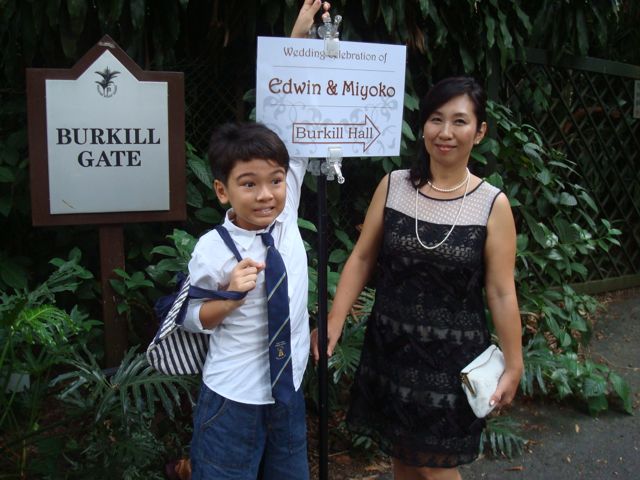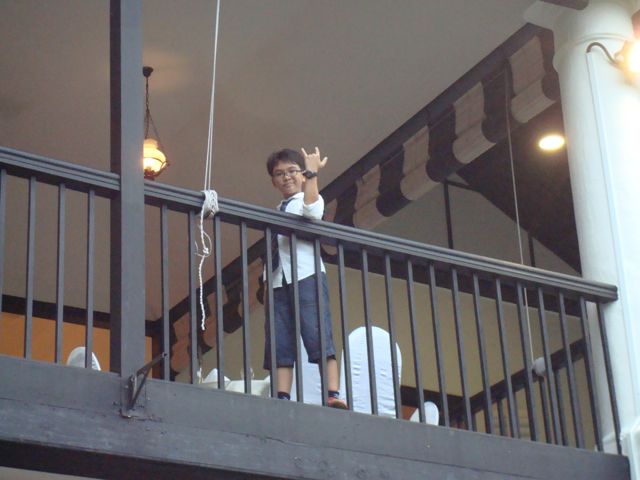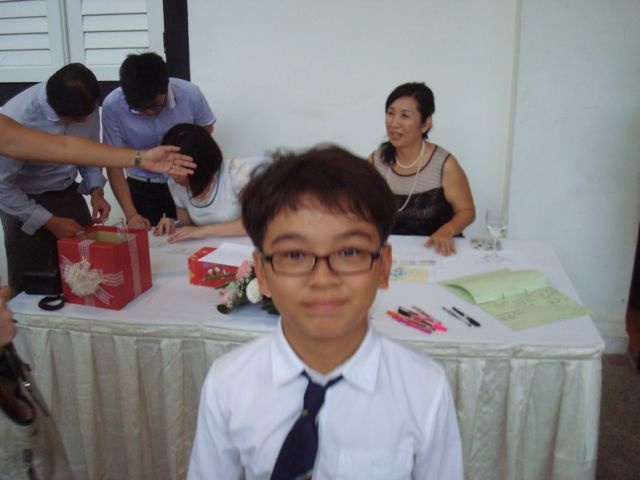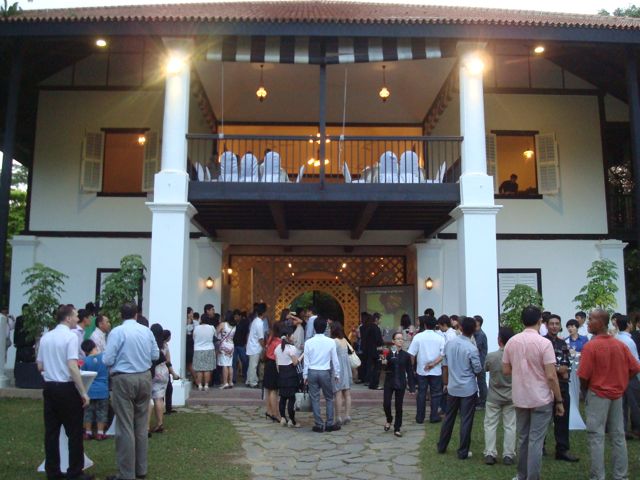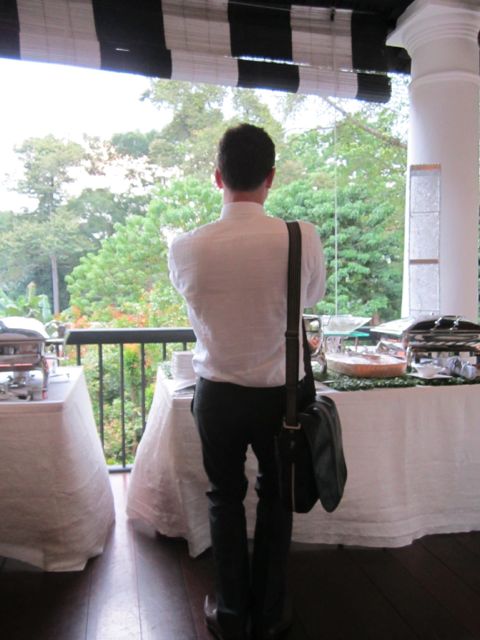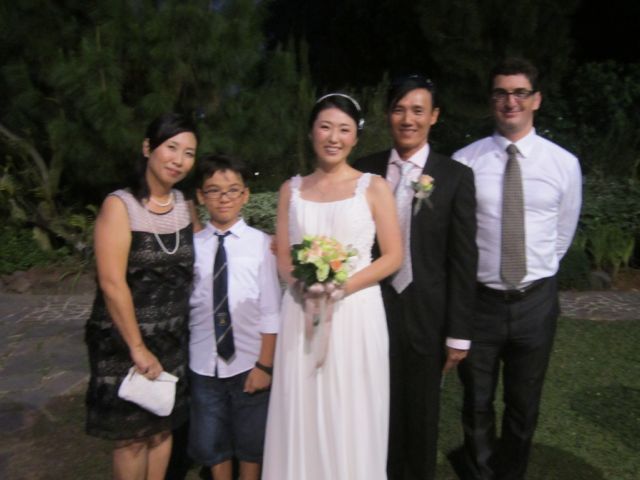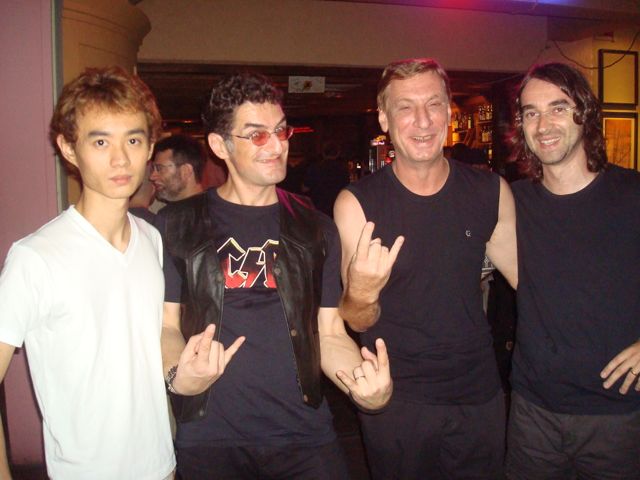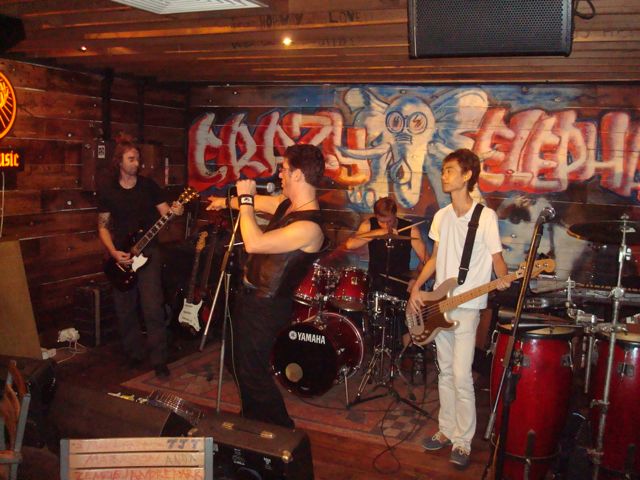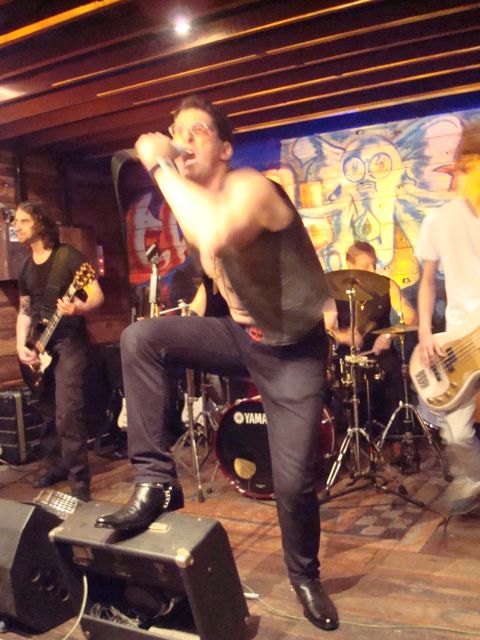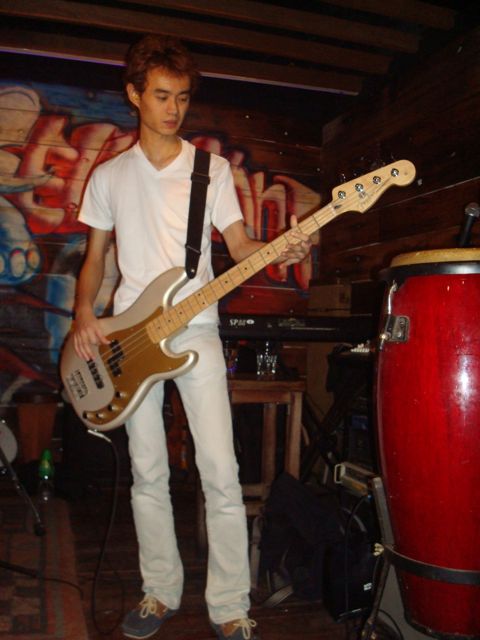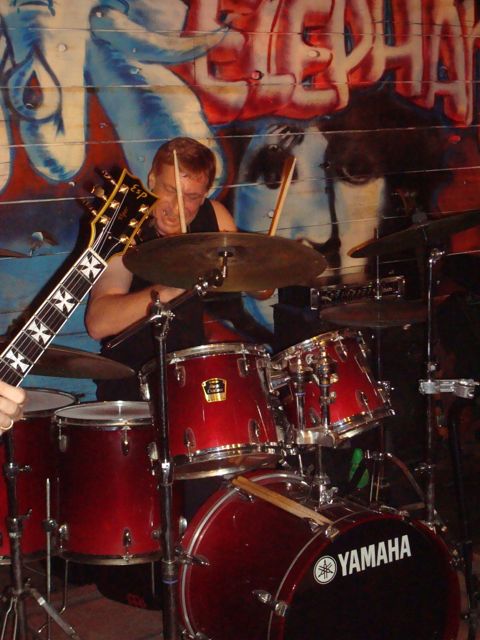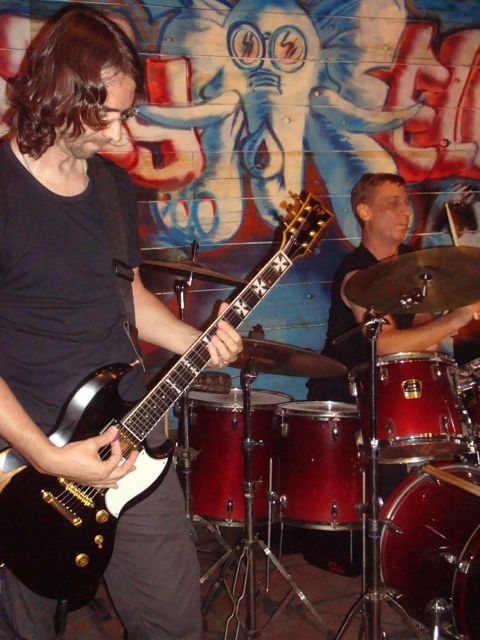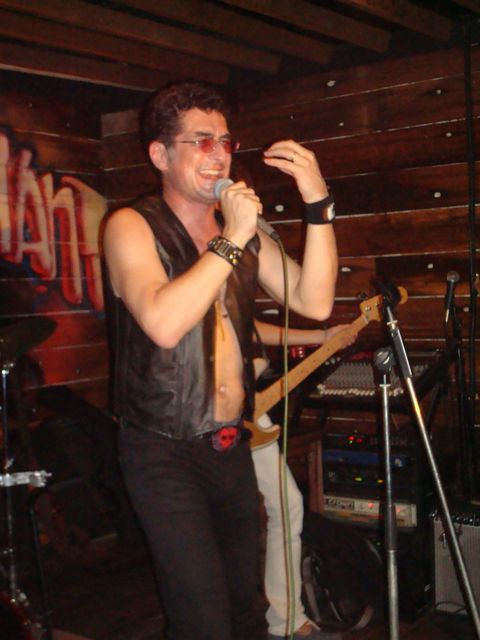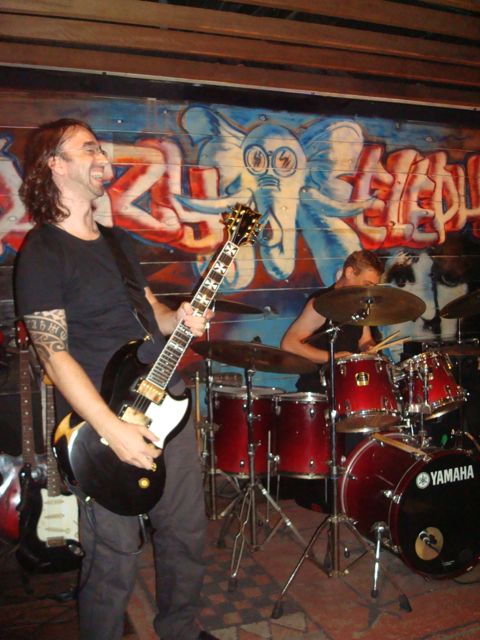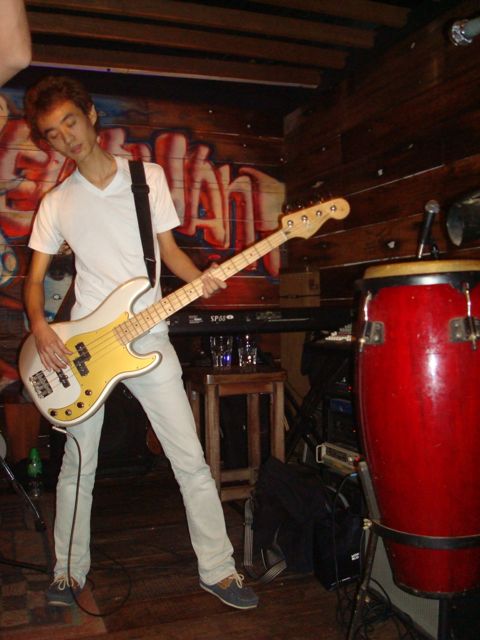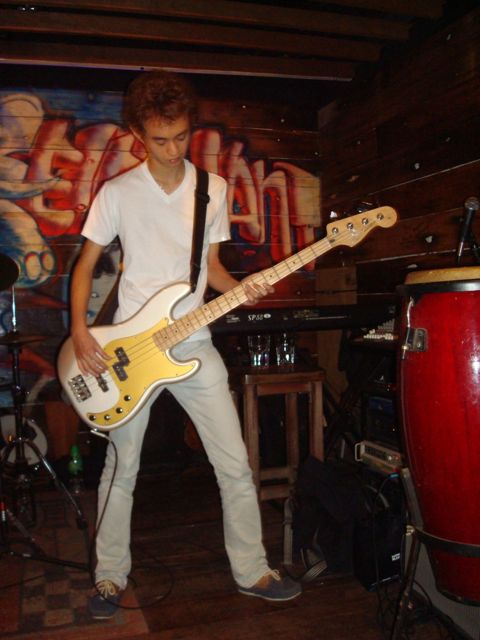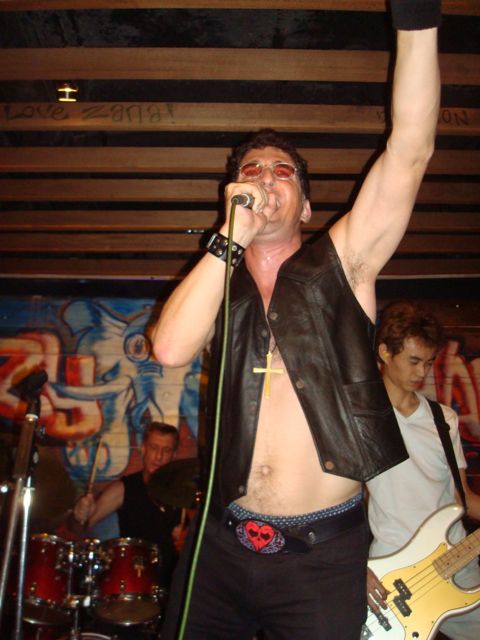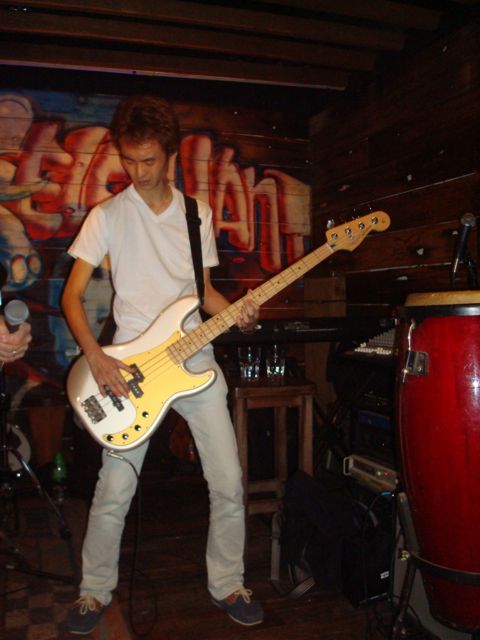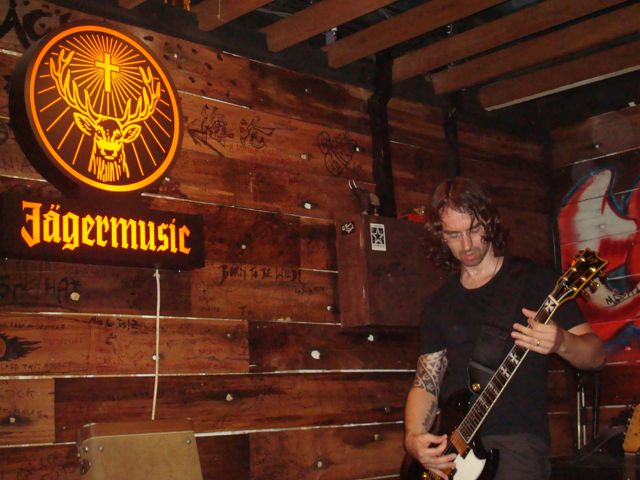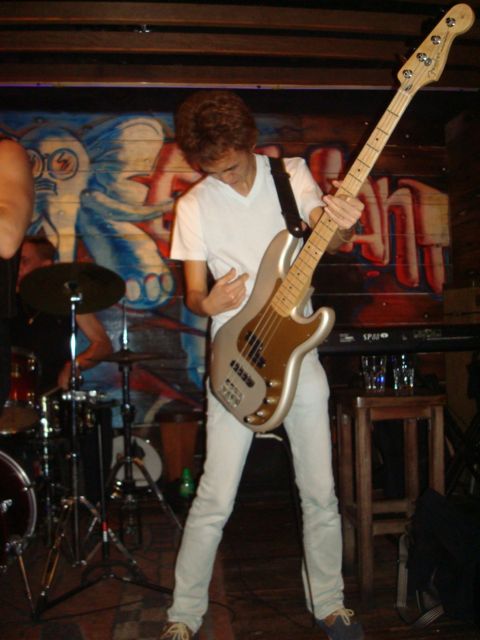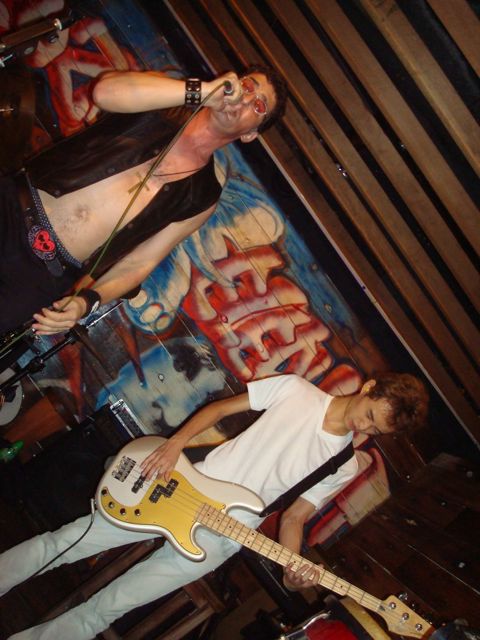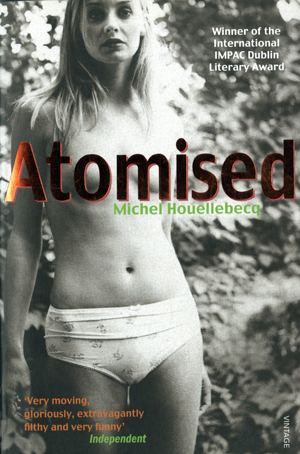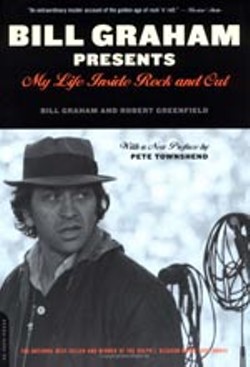
BGPMLIRAO
Bill Graham Presents My Life Inside Rock and Out – The life and times of the legend, a Russian Jew born in Germany who escaped the Holocaust by walking from Germany to Spain, going to America, growing up in a foster home, becoming American, learning English, working in the Catskills hotels (scams), seeing movies (art), trying to learn acting and brek into films, joining a mime troupe as a manager before becoming history’s most famous rock promoter. Associated with the most legendary acts of all time, organising the most amazing concerts and tours of all time – incredible.
I didn’t know that he’d been in the army, and there are interesting anecdotes about him here – how he was enlisted before he became a US citizen, how he was seeking citizenship so that he could bring his sisters over to the US, and how he nearly got blown up a bunch of times. Interesting story about one regular Army clown who had shined his helmet and rifle so brightly that he was easily shot and killed by the enemy during a raid (too easy to spot him).
When he got into promoting rock acts, in the early days there was one act he really adored, and that was Otis Redding. There’s a great anecdote about how one time, when Redding needed ice, Bill ran down the street to buy a bag to replenish the supply. Otis found out and from then on Bill never had a problem booking Otis for anything (sadly, Otis Redding died a few years later at age 26).
Bill met all of the greats, and was tight with Bob Dylan, The Band, The Who, The Grateful Dead, and especially The Rolling Stones, eventually also Sting and The Police, Peter Gabriel, everybody. But he got his start with the early psychedelic bands, such as Janis Joplin, and he has good anecdotes:
She was a little loaded. Her life was not going so well. She had some personal problems. Mainly, she wanted a new relationship with a man. She talked about her life in the road. She said, “I go on the road and I”m in the HOliday Inn in Toronto. After the gig, all teh guys go upstairs to freshen up. Then they come down and score chicks.” There was this long pause. Then she said, “What does a woman do?” That always explained it for me.
Janis was among the very few who on a given night could be an erupting volcano on stage. She’d give the kind of a performance that you could never capture on record. Like the Dead. Very few artists have the talent and the hunger to go for it every night. To convince the audience that their performance is as important and meaningful to them as it is to those who watch them perform. For an entertainer, that’s the ultimate challenge. To put it out there every night. The very best they can.
Then there’s the crazy time that they tried to put The Band on, but Robbie Robertson was sick so bad with a terrible cold. They couldn’t postpone the show, since so much work had gone into it and so many people had done so much, so they brought in a hypnotist to convince Robbie that he was perfectly all right. And eventually… he was.
Bill was against Woodstock, but he went there. And he warned them about Altamont. According to Ken Kesey, “Hell’s Angels weren’t supposed to be at the top. They were supposed to be at the bottom. They couldn’t handle the top. But they worked really well at the bottom. And that’s what Altamont was. They got up on top and it was a horrible scene. I knew Altamont would happen. I just didn’t know where or exactly how.”
There are great anecdotes about bands like Ike and Tina, who would play there all the time:
Alan Arkush: Some street group was tryin to break into Fillmore East one night and there was a riot going on out there and I was on the back door. Who walked up but Ike and Tina Turner and the Ikettes. And they were all in these white mink coats. Ike said, “Let me out.” I said, “I’d love to, Ike, but…” He said, “Step aside!” Now, when Ike Turner said “Step aside” and he had all the Ikettes behind him, you stepped aside.
I unbarred the door. Ike opened his coat and pulled out a silver revolver with a pearl white handle. He stepped out on to the street and turned and said, “Tina.” Not “Tina, let’s go.” Just Tina. He motioned to her with his finger. Tina and the Ikettes stepped right out into the street and they had no trouble at all.
Then there’s the Chuck Berry story. “Chuck was talking to a guy while eating a sandwich as a girl was going down on him. I said, “Chuck?” He said, “Let me finish. ” I didn’t know if he was talking about the sandwich or the shoe [or the conversation].” Then there’s the anecdote about the coke room, all white, full of Groucho Marx noses and sniffing sounds.
According to Bill, the food prepared for The Last Waltz concert was:
We had two hundred and twenty turkeys weighing almost six thousand pounds. Five hundred extra turkey legs that weighed six hundred pounds. Stuffing made from seventy bunches of parsley, five hundred pounds of onions, and five hundred pounds of celery sauteed in a hundred pounds of butter mixed with three hundred and city pounds of croutons, five quarts of garlic, ten quarts of sage, and one quart of thyme. Ninety gallons of sauce made form drippings. Forty crates of letuce for the salad. Twenty gallons of salad dressing. Eighteen cases of cranberries. Two thousand pounds of peeled yams. Three hundred pounds of Nova Scotia salmon donated by Louis Kemp and Bob Dylan. Six thousand brtead rolls. A hundred pounds of butter patties. For dessert, four hundred pounds of pumpkin pie as well as four hundred pounds of mincemeat. Rock and Roll’s last supper.
Bill closed first one of his clubs, then all of them. “Nobody seemed to miss Fillmore East then,” said Joshua White. “Now, they miss it terribly. But not then. Now, Fillmore East is like a piece of the true ark.”
Ironic quotes, such as from Nick Gravenites in Rolling Stone magazine: “Graham will not cop to the fact that he did some ugly shit in his life. His memoirs are going to be like the history books about the Americans and Indians written by the American. He won’t accept the fact that he’s been an asshole too.”
His chapter detailing the villainy of Led Zeppelin was interesting, particularly the stupid feuds that they had over honor and pride. The band sold, and it sold quickly, but brought with it evil thugs and other scary elements. Strange story about how the Grateful Dead’s drummer Bob Weir found a way to call Bill “Uncle Bo-bo”… by announcing it from the stage. Great. “I loathe that name,” said Graham. “It’s like Uncle Shit. I’ve asked Bob Weir, ‘ pleases, at some birthday, give me another present. Give me my name back.’”
There is a fantastic quote about putting on the last Sex Pistols show:
Would I have wanted to earny my living putting on bands like that? No. They were an epression of an attitude which I abhor to this day. But as a piece of theater, it was extraordinary. There were no shootings, there were no beatings, there were no deaths. Who am I to set myslef up as a censor concerning what the public wants?
It was their last concert They never worked again in public. They joined the list. Led zeppelin and Lenny Bruce and Groucho Marx and The Sex Pistols.
Or the Iggy Pop show, when he opened for the Rolling Stones in 1981:
Never in the history of rock and roll have more material objects been thown at any artist. Hair brushes, combs, lots of Bic lighters, shoes, sandals, bras, sweaters, hats. Tons of shit. I had never seen anything like it.
He has long sections where he talks about the Rolling Stones:
In every town, they had to live up tot he myth of being the Rolling Stones. MOst of their shows were tens and elevens. Sometimes, a nine and a hahlf. But they never backed off. Two hours and fifteen minutes. All the old songs and the new plus encores like they had never done before. Truthfully, they got to me every night. They were that strong. Fucking monsters
Funny anecdote about Keith putting a bowie knife to a German DJ’s neck for playing bad music (I think this is described in a hospital.
What’s with Greenfield getting Ozzy Osborne’s name wrong – “Ozzie”?
Great anecdote about playing the first rock festival in Russia, and the nightmares that entailed in terms of logistics and agreements. But it’s great that Santana got an encore – a very emotional matter.
One of the quotes is sadly ironic, no more so than the fact that it comes from 1990, just before the helicopter crash that cleaned his life.
I feel so good now that I really don’t want to say how much I grieved. But they changed my life. That’s the irony. Now I love the fact that I’m alive. A year ago If I was gong to live. I couldn’t function.
Of course, Bill dies in a helicopter crash. “For the benediction, Carlos Santana played a very raw, gut-renching version of “I Love You Too Much Too Much, ” the plaintive and very schmalzy song from the forties that Bill had first taught Carlos int eh studio to humming the mlelody to a tape. When Bill took Santana to play in Israel, he had insisted that Carlos perform the song at every show.
But the show always went on. “Bill had always old everyone who worked for him never to cancel a show unless they heard from him personally. When managers, agents, and musicians asked if perhaps it would not be better to postpone concerts which had been scheduled long before Bill’s death, they were told that no one had heard from Bill personally. Therefore, the shows would go on as planned.”
Scary times, like when he put out a personal appeal to Ronald Reagan to stay away from Bitburg cemetery, and got his office burned down as a result by people who probably sided with the Nazis.
The book is build out of a series of articles; since Bill is the most-quoted (at one point, the transcript runs for over 10 pages), it becomes his autobiography. Every famous star (Robbie Robertson, Keith Richards, Pete Townsend, Bob Geldof, and many many more) is quoted, even Robert Greenfield, and he’s supposed to be the author of the collection! But none of them are as important or as interesting as Bill, who’s quoted as if he’s alive today, remembering things from only a few years ago; the point is, though, that he’s been dead now nearly as long as he had his career in music. And yet, Bill Graham the icon lives on in our minds.
The book’s closing lines are beautiful:
n terms of the music business Bill Graham had helped create, it was a historic occasion. For the firs time ever, all those many peole had turned out for a man who played no instrument, who could not really sing. Who had not written a single words of any song performed form the stage that day.
At long last, the crowd had finally come for Bill.
